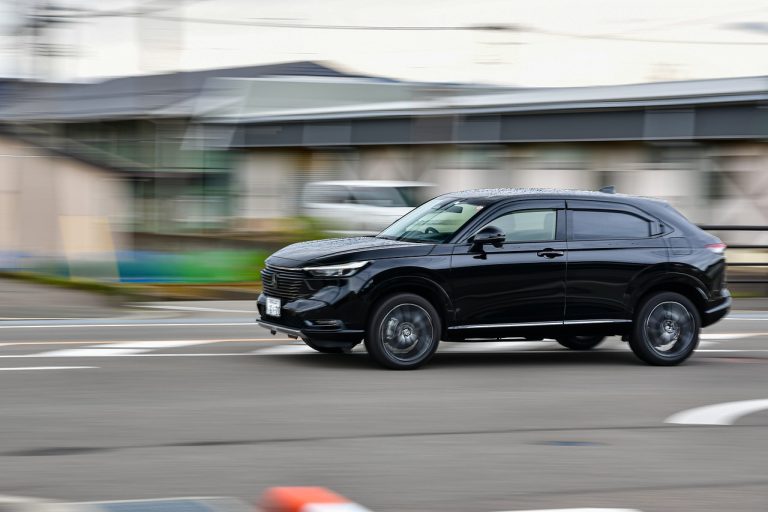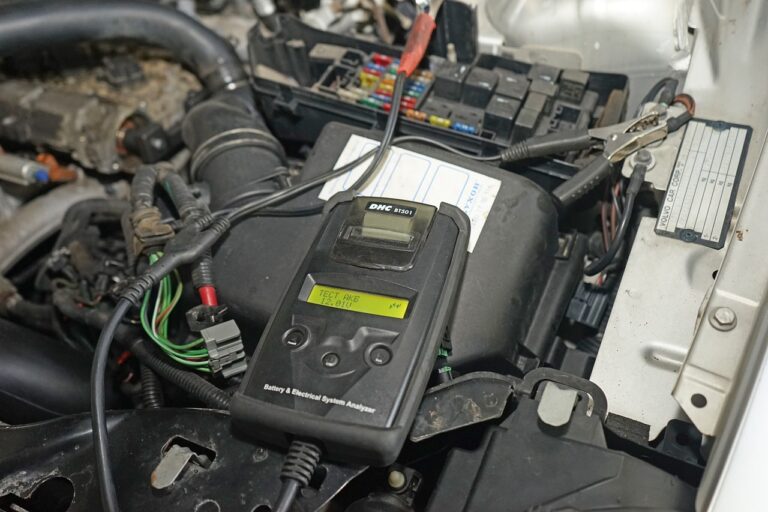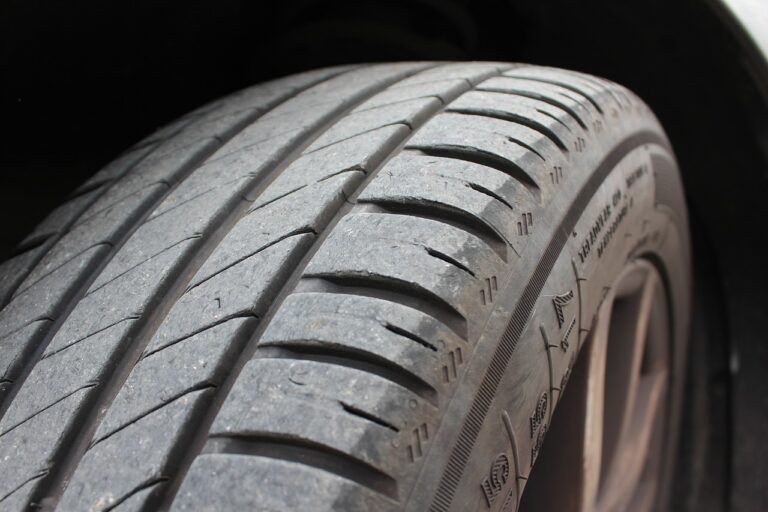annuaire voiture
Découvrez les dernières actualités, les essais de modèles emblématiques, les conseils d’entretien, et plongez dans l’univers fascinant de l’automobile.
Actualités

23
Jan
Comment éviter les fautes éliminatoires lors de votre test de conduite ?
La conduite est souvent considérée comme une aptitude essentielle de
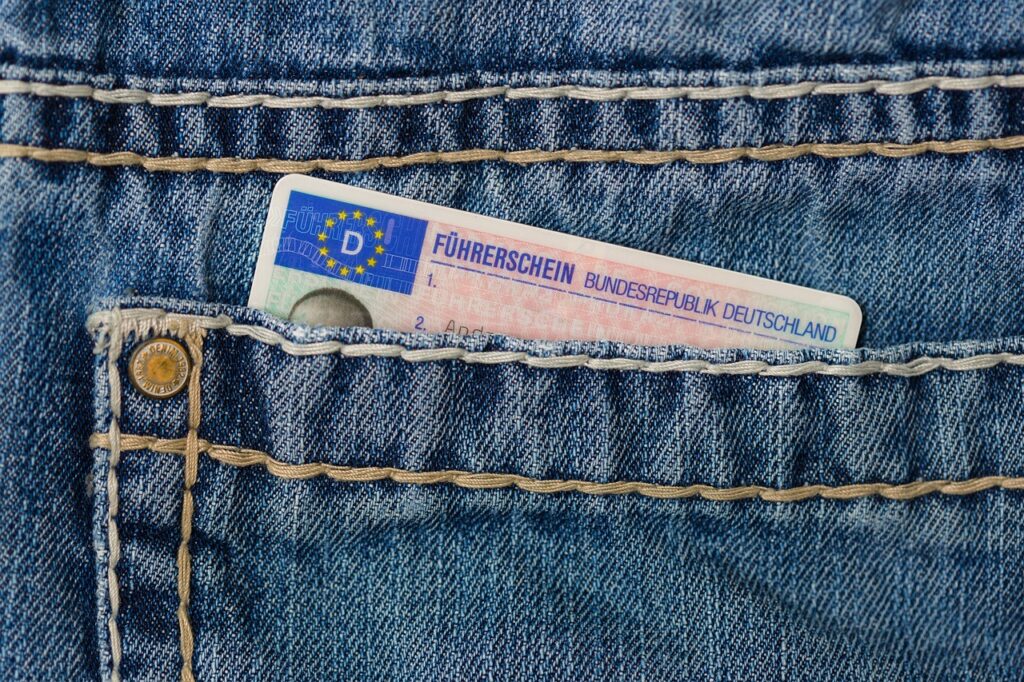
22
Jan
Auto-école 101 : où se trouve le numéro de votre permis de conduire ?
La conduite d'une voiture est une grande responsabilité qui implique

19
Jan
Permis poids lourd : déchiffrer le prix pour mieux préparer son budget
Dans le monde actuel, le transport de marchandises et de
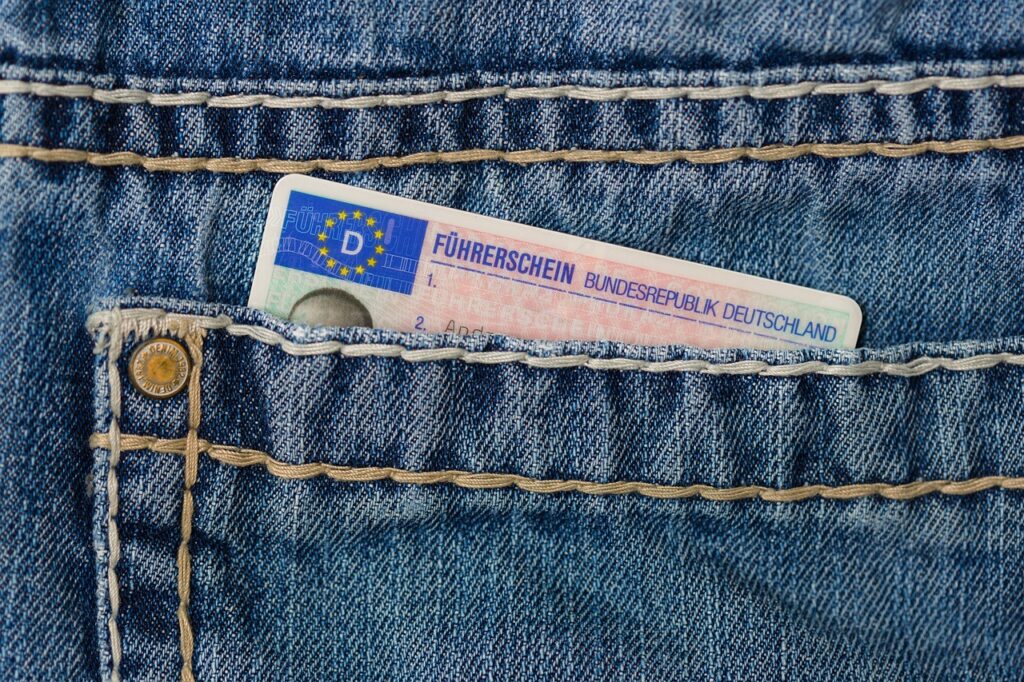
28
Déc
Comment naviguer dans le processus de déclaration de perte de permis de conduire
Vous est-il déjà arrivé d'avoir perdu quelque chose de précieux?
Nouveautés
La première étape pour acheter une voiture est de savoir quelle caractéristiques vous...
Technologie
Tests et comparatifs
Dans le monde actuel, le transport de marchandises et de passagers joue un rôle clé dans...
Voitures du futur
Il est essentiel de comprendre le temps de recharge des batteries de voitures pour maximiser la...
Prélude : explorer les anécdotes sur les accidents causés par des pneus sous gonflés Quand on pense...
Copyright © 2023 | Tous droits réservés.

